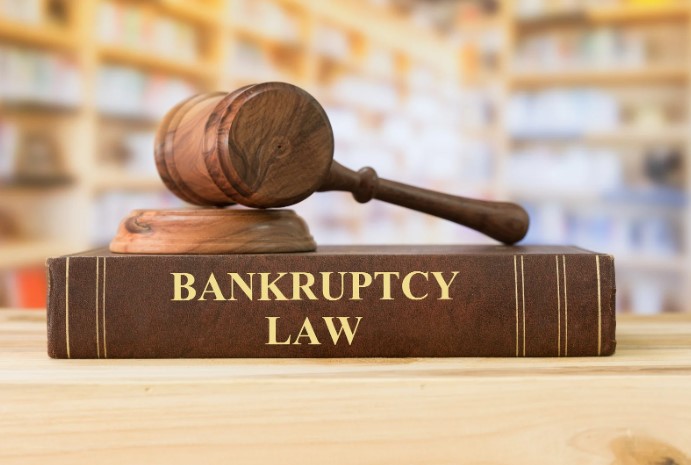If you are considering filing for Chapter 7 bankruptcy, an experienced attorney specializing in Chapter 7 bankruptcy will help you navigate the process. He or she will help you understand which of your debts can be discharged and which cannot.
Avoid attorneys that do not specialize in bankruptcy, as they may not give your case the attention it deserves. You should also steer clear of lawyers that offer bankruptcy services alongside a variety of other legal services.
What is Bankruptcy?
Bankruptcy is a court-supervised process that provides debt relief. Certain types of debt are discharged, including unsecured debt such as credit card debt, personal loans and medical bills. Some secured debts are unaffected, such as mortgages and car loans where the property is used as collateral.
There are different bankruptcy chapters, with Chapter 7 being the most common for individuals. The chapter allows you to keep most of your property and make a plan over three to five years to repay your creditors. Before filing, consider other debt relief options like credit counseling or a free evaluation from a bankruptcy attorney. Learn more about Chapter 7 bankruptcy by visiting our Bankruptcy Basics section. You can also visit our Learning Center to read more about other types of bankruptcy.
How Does Bankruptcy Work?
Your attorney will take a clear and objective view of your debt situation, determine your eligibility for Chapter 7 and other bankruptcy options, and create a plan to reduce or eliminate your debt. The process of filing for bankruptcy halts foreclosures and repossessions, stops wage garnishment and utility shut-offs, and puts an immediate stop to creditor harassment.
Depending on which bankruptcy option you choose, some of your assets will be sold to pay your creditors. However, the court can exempt certain items like work tools, personal clothing, a primary residence and retirement savings from the sale process. If you rely on credit cards or have transferred property to family members in the last year, then it is best to wait to file for bankruptcy as you will be required to disclose these activities in your bankruptcy paperwork.
What Can I Keep?
Generally, bankruptcy wipes out most of your nonpriority unsecured debt and allows you to keep property that is exempt from liquidation (up to the limits set by state and federal exemptions). You can usually keep the equity in your home, personal belongings, tools of the trade, motor vehicles up to a certain dollar limit and life insurance policies.
A bankruptcy case can stop foreclosure and repossession, but it won’t help you catch up on past mortgage payments. For that, you can file for Chapter 13 bankruptcy.
Unlike Chapter 7, it requires you to do a court-mandated repayment plan that typically lasts three to five years, though the remainder of your included debt is discharged at the end. It also does not eliminate child support or alimony obligations.
What Can I Lose?
Many people think that if they file for bankruptcy they will lose all their belongings and never be eligible to secure credit again. While it is true that some assets are liquidated in a Chapter 7 bankruptcy, most valuable property is protected by state and federal exemption laws.
The bankruptcy process does not eliminate liens on property, such as home mortgages or car loans. However, creditors cannot foreclose on your home or repossess your vehicle during or after a bankruptcy filing.
Bankruptcy can also help you dismiss old tax debts, though not payroll taxes or fraud penalties. Talking to a knowledgeable attorney can help you determine whether bankruptcy is the best option for you.
How Can I Rebuild My Credit?
A bankruptcy filing can remain on a credit report for 10 years, and it may cause a temporary drop in a person’s credit score. However, debtors that take concrete steps to prove their ability to responsibly manage credit can quickly improve their scores. A big part of this involves minimizing the utilization of credit cards and consistently paying off balances on time. Another important aspect is making mortgage payments on time, since these are secured loans with high credit standards.
Debtors who are able to demonstrate responsible credit management can often qualify for a mortgage within two years of bankruptcy. They should also look into government-insured mortgages, which are more flexible and forgiving than private ones. This can be an excellent opportunity to get a fresh start.
